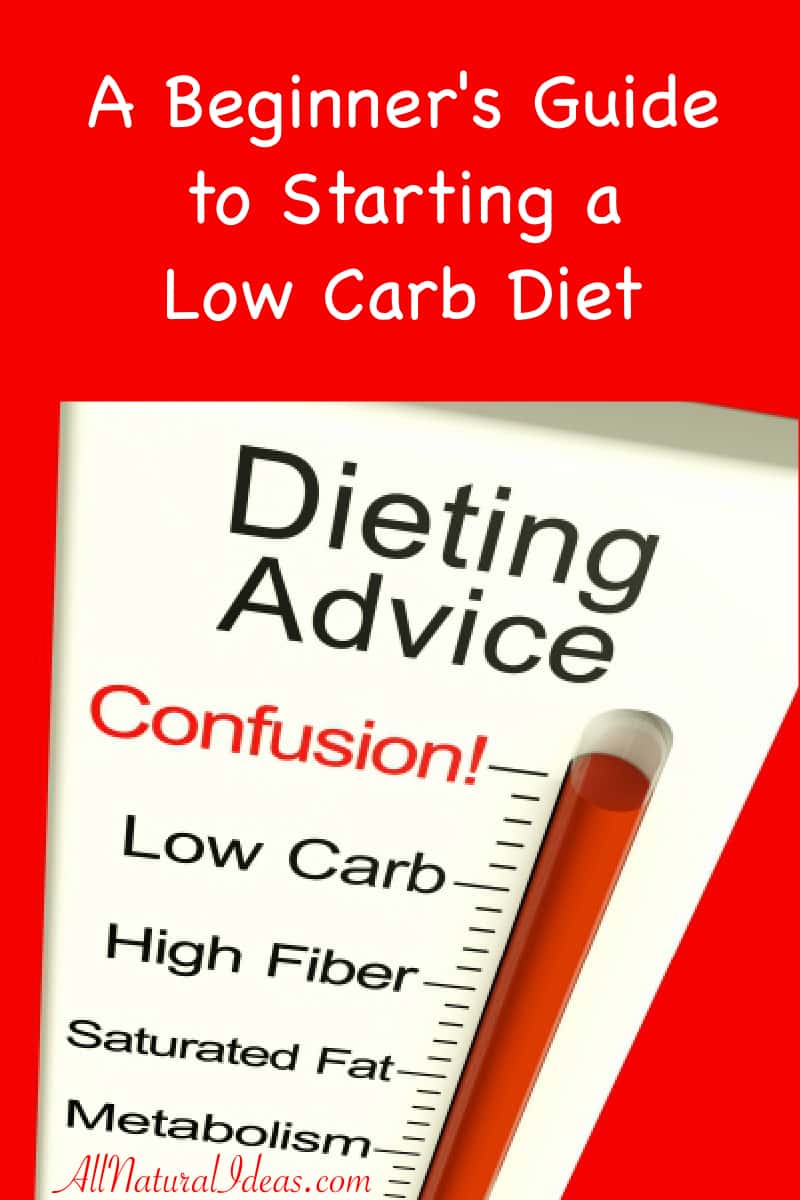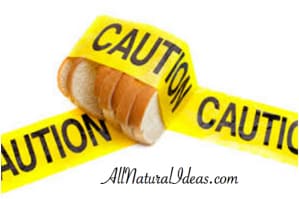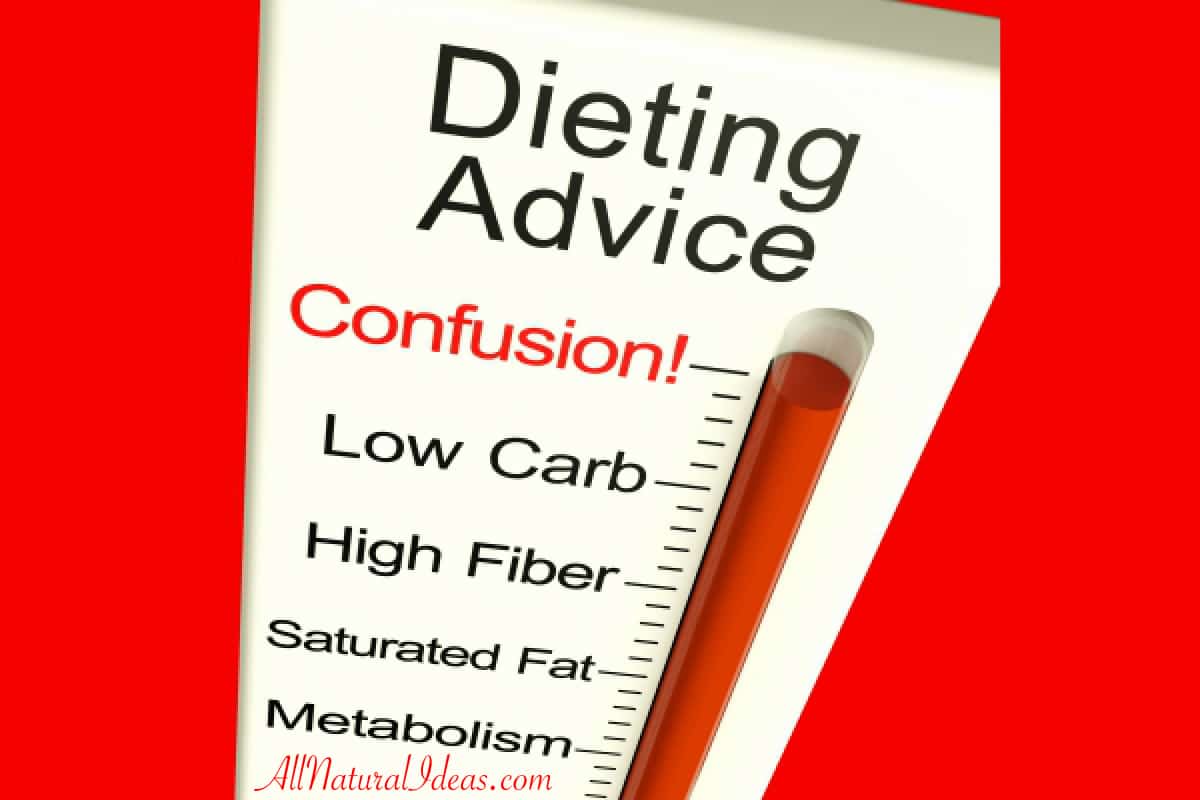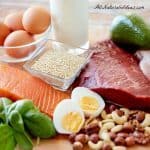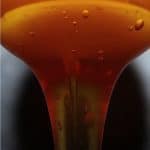A low carb diet beginners guide for starting out on the journey to better health and weight loss. Here’s the basics for this way of eating.
Are you looking to lose weight? Do you feel less energetic than you normally feel? If you are looking to shift toward a better diet for your body, look no further and jump start your health by switching to a low carb diet.
Not only will you feel full of energy when eating low carb, but you will also be switching to a proven method that is better for your body. If your body is built to run on a low level of carbohydrate intake, why would you want to fuel it with anything else?
Low Carb Diet Beginners Guide to Starting
In this beginners guide, let’s begin by discussing the basics behind eating a low amount of carbohydrates and what it entails. To make the switch to eating food low in carbs, you will to need to make significant changes to the foods that you eat.
What foods can you eat?
Foods to avoid when starting a low carb diet are those full of sugar and starches. To those who are unfamiliar with what a starch food is, high starch foods include breads, pastas, and potatoes.
Foods to incorporate into your new meal plan are anything that would fall into the caveman diet. Such items include: vegetables, eggs, meat, and fish.
What about calories?
Unlike other diets there is no need to count calories; simply eat until you are full. Why are you able to do this? The difference between low carb foods and other foods is that low carb foods leave the body feeling more satiated and therefore gives you the feeling of “fullness” more easily. Scientifically, this is because low carb foods prevent the body from secreting excess insulin and therefore equalizes blood sugar levels to make the body feel fuller.
The specifics of the plan
Now let’s get into the specifics of what you should eat on a regular basis, on occasion, and then rarely if possible. Here’s a list of key foods to include when starting out on a low carb diet:
- All meats, fish, and eggs (Be careful not to eat too much. Excess protein may turn into sugar!)
- Full fat dairy products like real butter and high-fat cheeses
- Lots of healthy fats like butter, olive oil, coconut oil, and avocados (Eating adequate fat is key to be successful on a low carb diet)
- High levels of water and tea for adequate hydration (High amounts of water are important, particularly when starting out)
- Low carb vegetables such as cauliflower, broccoli, cucumbers, kale, and spinach
What to watch out for
Although full fat dairy is recommended, you’ll want to avoid regular milk since it contains a high level of milk sugars. Coffee is acceptable, but it’s best to drink it in moderation. You should also limit fruit products and treat them as natural candy. They are good for you, but only for snacking on occasion due to the natural fruit sugar. Nuts and seeds are another great snack, but be careful not to overeat them as they are very calorie dense.
Wheat flour and other refined grains should be avoided along with natural sugars like honey. It’s best to eat your calories rather than drink them.
Alcoholic beverages are okay in moderation, but stick with those lowest in carbs. Our post on the best alcoholic drinks for a low carb diet will give you some tips. Stick with no more than one to two standard drinks per day, to keep consistency with your diet.
Conclusion
Of course, like many things in life, nothing comes free. Yes, diet does play a huge role in the success of a low carb diet for weight loss and following the advice in this beginners guide will get you off to a good start. However, the weight will not just magically shed off.
A diet low in carbs should include adequate fat. Eating only foods that are low carb will make your body more efficient by producing less insulin and therefore store less fat. Your body will also become more efficient at burning fat. Thus, a moderate amount of exercise is necessary to burn off this fat. Living a sedentary lifestyle may work initially for the first few pounds, but if you want long term results and greater weight losses make sure to incorporate a few hours a week of quick exercise to compliment your diet.
So whether you are looking to slim down or try something new, switching to a low carb diet requires a necessary change to your lifestyle. Although many choose to go low carb to lose weight, it’s something that should be switched to permanently for better health. To compliment the effects of the diet, particularly for weight loss, it is also important to incorporate moderate levels of exercise.
We hope this low carb diet beginners guide has been helpful. For more tips on how to get started, read about the 10 most common mistakes people make following this eating plan. You’ll want to ensure you aren’t making these errors in order to maximize weight loss and other health benefits.
Image courtesy of Stuart Miles at FreeDigitalPhotos.net
